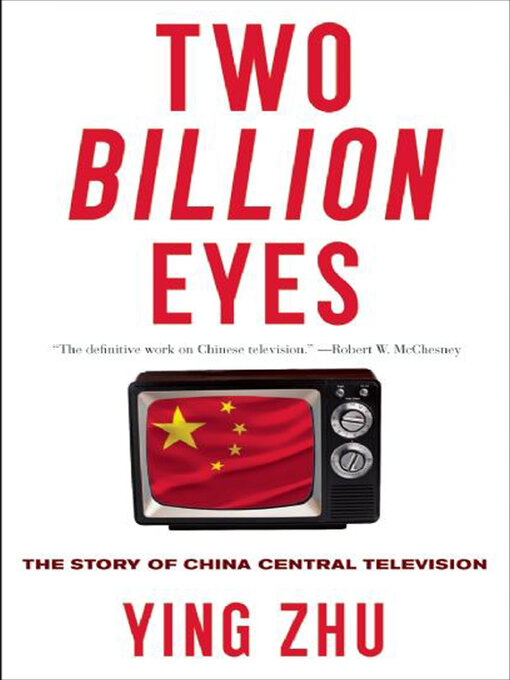As China navigates the murky waters of a “third way” with liberal economic policies under a strict political regime, the surprising battleground for China’s future emerges in the country’s highest rated television network—China Central Television, or CCTV.
With 16 internationally broadcast channels and over 1.2 billion viewers, CCTV is a powerhouse in conveying Chinese news and entertainment. The hybrid nature of the network has also transformed it into an unexpected site of discourse in a country that has little official space for negotiation. While CCTV programming is state sponsored—and censored—the popularity and profit of the station are determined by the people. And as the Chinese Communist Party seeks to exert its own voice on domestic and international affairs, the prospect of finding an amenable audience becomes increasingly paramount.
Through a series of interviews with a fascinating cast of power players including a director of a special topic program that incited the 1989 student movement, current and past presidents of CCTV, and producers at the frontline of the network’s rapidly evolving role in Chinese culture, celebrated media analyst Ying Zhu unlocks a doorway to political power that has long been shrouded in mystery.
“An indispensable guide to the Chinese media landscape.” —The New Inquiry
“Up until Two Billion Eyes, the view of Chinese media has often been limited . . . Ying Zhu expands the periphery of our vision.” —Los Angeles Review of Books


